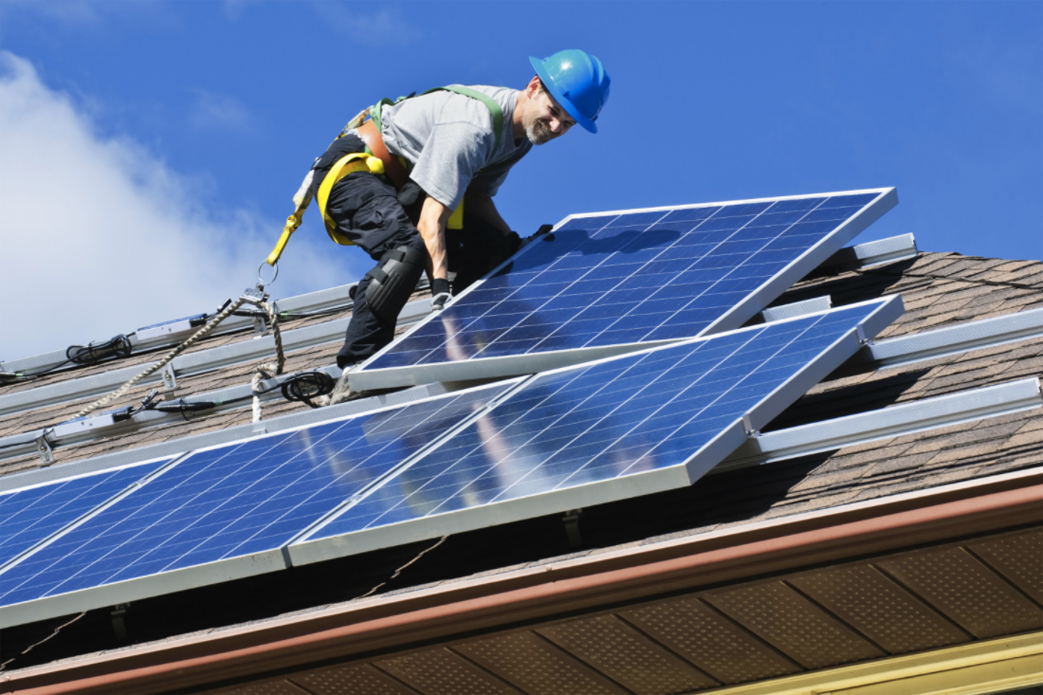The hotly-contested “solar tax” charged to households feeding their electricity in to the grid has been abandoned by the Australian Energy Market Commission (AEMC), after being suggested as the only possible way for a distribution network service provider to charge small generators for network use.
In the final version of its report on the Distribution Market Model, Australia’s policy maker for the energy markets said that if consumers want to use the electricity from their solar panels or batteries they can, and if they do not need it – or value the income more from selling it more than their own use – they can sell it to whoever values it the most at a particular point in time.
Noting that the issues of access and connection charging received the most comment from stakeholders, the AEMC concluded that further work is needed to understand whether distributed energy resources create benefits, or impose costs on the distribution network.
The report adds that further work is needed in order to understand what consumers want, adding that loss of open access for distributed generators or imposition of charges for export of energy from distributed generators may prompt a death spiral.
However, the AEMC also expresses its preliminary view that one-off connection charges may not be appropriate when there are large amounts of distributed energy resources connected to a network, because the costs caused and benefits created by those resources are variable.
Moreover, the policy maker underlines that a high penetration of distributed energy resource would affect its ability to manage power system security. According to the AEMO’s report, the uptake of distributed energy resources will continue to increase, reaching nearly 20 GW of rooftop solar PV capacity by 2036/37, up from less than 5 GW in 2017, whereas residential and commercial battery storage uptake will in the same period exceed 5.5 GW.
“Distributed energy technologies can provide benefits to consumers, networks and wholesale markets. We need a way to allow consumers and their retail energy service providers to determine where they can get the most value at any point in time,” AEMC Chairman John Pierce said, adding that more investment in fast response and flexible distributed technologies can make the power system more secure and reliable.
Recently, AEMC proposed new rules to better manage frequency and strengthen the power system, referring to the risks of the power system’s changing generation technologies and recognizing the important role of battery storage.
This content is protected by copyright and may not be reused. If you want to cooperate with us and would like to reuse some of our content, please contact: editors@pv-magazine.com.




By submitting this form you agree to pv magazine using your data for the purposes of publishing your comment.
Your personal data will only be disclosed or otherwise transmitted to third parties for the purposes of spam filtering or if this is necessary for technical maintenance of the website. Any other transfer to third parties will not take place unless this is justified on the basis of applicable data protection regulations or if pv magazine is legally obliged to do so.
You may revoke this consent at any time with effect for the future, in which case your personal data will be deleted immediately. Otherwise, your data will be deleted if pv magazine has processed your request or the purpose of data storage is fulfilled.
Further information on data privacy can be found in our Data Protection Policy.